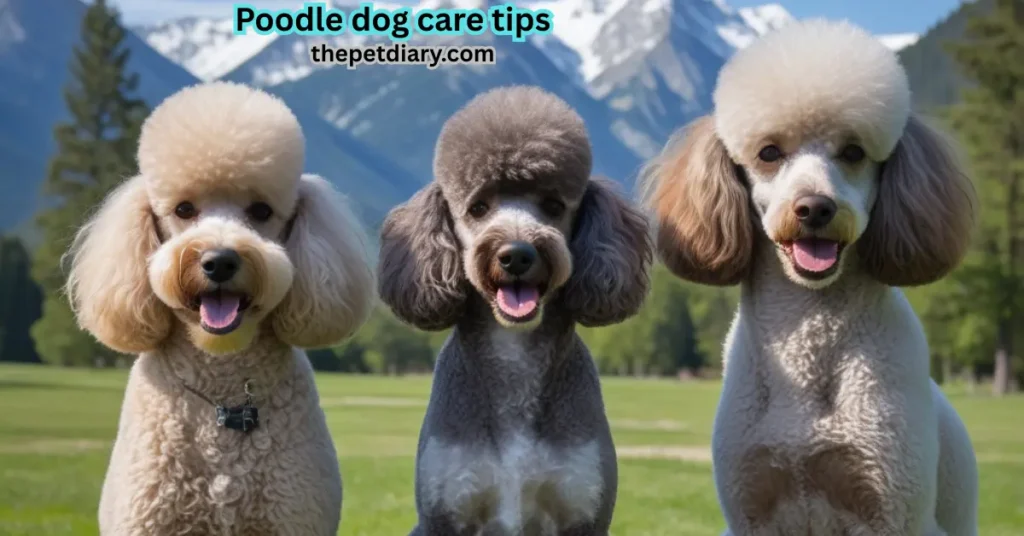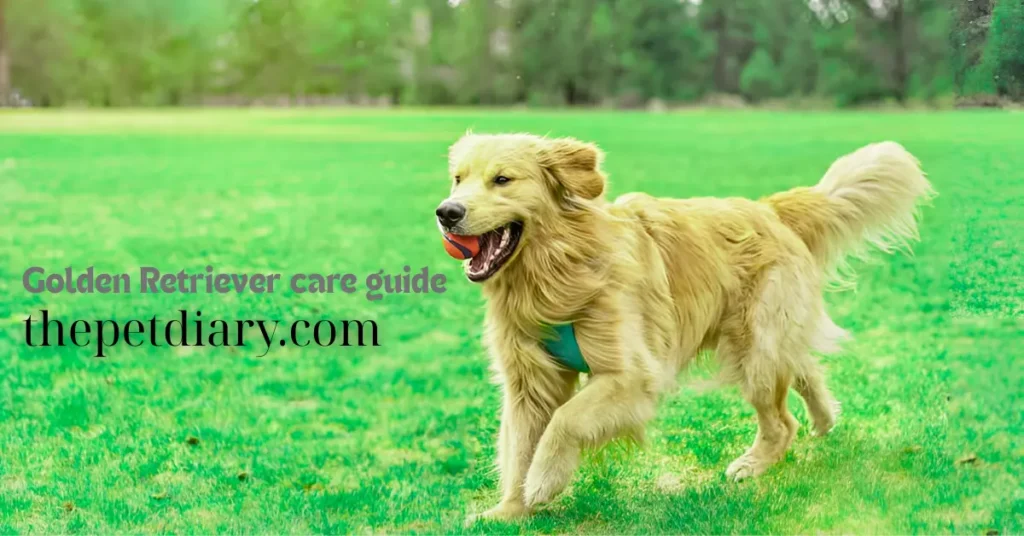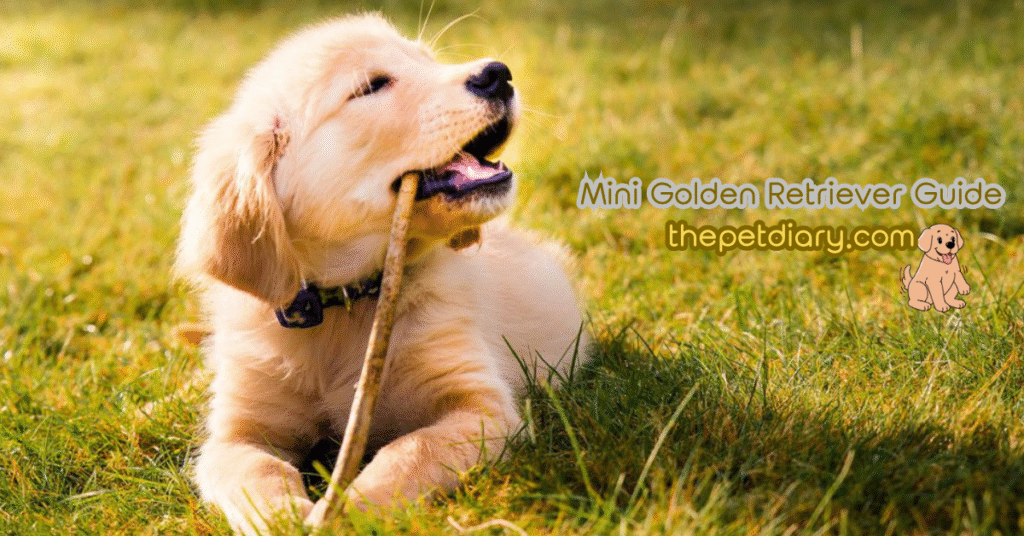Poodle dog care tips
One of the most well-liked dog breeds in the world, Poodles are distinguished by their intelligence, grace, and supposedly hypoallergenic coat. Families, single people, and even therapy dog programs love them for their fashionable appearance and active temperament. Owning a Poodle, however, also entails being aware of their particular requirements, particularly regarding general health, training, and grooming. To keep your Poodle happy, active, and looking their best, you must follow the right Poodle dog care tips.
Standard Poodles: The Original Poodle
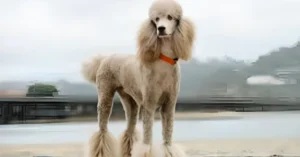
The first and largest poodle is the Standard. They were bred as water retrievers and used for hunting and game recovery. Standard Poodles‘ gregarious disposition and extroverted nature make them great family companions. They excel in a variety of dog activities, including tracking, agility, and obedience, and are very trainable.
This kind of poodle weighs between 40 and 70 pounds and is at least 15 inches tall. A Standard Poodle’s characteristic curly coat can become matted; therefore, regular grooming is essential to their care. Hip dysplasia, bloat, and progressive retinal atrophy (PRA) are just a few of the numerous health issues that standard poodles are susceptible to Poodle dog.
Miniature Poodles: The Perfect Apartment Companion
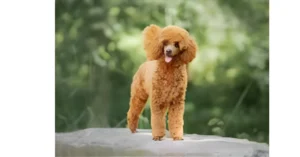
Similar to the Standard Poodle, miniature poodles are renowned for their intelligence, trainability, and sociability. Mini Poodles are an excellent fit for families and apartments because of their disposition and small stature.
Miniature Poodles, which are 10 to 15 inches tall and weigh 10 to 15 pounds, are descended from Standards. Mini Poodles, like their larger counterparts, need frequent brushing and have curly coats that come in a variety of colors. Select a trustworthy breeder who checks their breeding dogs to prevent these and other hereditary health problems.
Toy Poodles: The Smallest of the Poodle Types
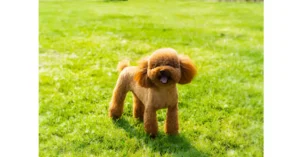
The toy poodle is the tiniest poodle breed, standing just 10 inches long and weighing 4 to 6 pounds. In the 20th century, Standards and Miniature Poodles were crossed to create Toy Poodles, which were intended to be companion dogs. Their demeanor is therefore comparable to that of other Poodles, albeit much smaller. This small puppy is a smart, trainable, and fantastic friend for the family.
Toys, like Standard and Miniature Poodles, require frequent brushing due to their curly coats. Common health problems in toy poodles include patellar luxation, dental difficulties, and ocular conditions such as cataracts and PRA.
What About Teacup Poodles or Poodle dog care tips?
Really small poodles are called “teacup Poodles.” No significant kennel groups recognize the teacup poodle or any other teacup-sized breed because of health and welfare concerns. The goal of teacup breeding is to produce the tiniest dog possible rather than a healthy dog. Health concerns ranging from organ failure to dental troubles to brittle bones might result from this.
Choosing the Right Poodle for You or Poodle Dog Care Tips:
Think about your lifestyle and the qualities you want in a pet while selecting from the variety of Poodles. Think about these queries before bringing a Poodle puppy home:
- How much time can I dedicate to my dog’s daily workouts?
- What kinds of things would I like to do with my dog?
- Can I afford to maintain a Poodle’s grooming needs?
- How much do I spend each month on food? (Compared to toy poodles, standard poodles will consume a lot more food.)
- Is my living arrangement better suited for a little pup who is somewhat active or a huge dog who is active?
All poodles, regardless of size, require positive reinforcement training, a healthy diet, and socialization as puppies. The only way to choose the ideal Poodle for your family is to conduct your homework and choose a trustworthy breeder who can assist you in making the proper choice.
Best Dog Food for Poodle Dogs & Puppies
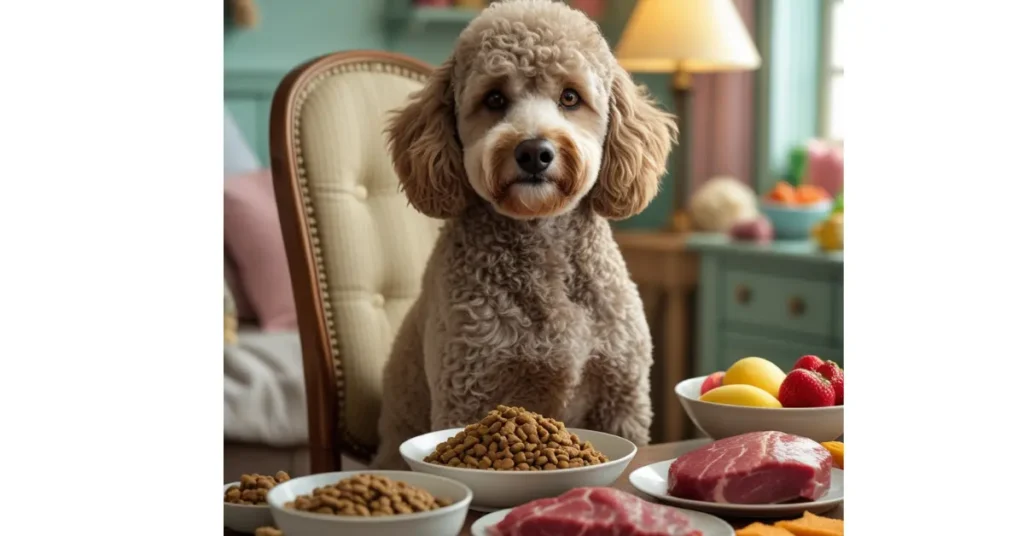
Standard Poodles might benefit from the nutrition provided by an adult dog food or a meal for active dogs, while Toy and Miniature Poodles would find the smaller kibble and specific nutrition of a small breed dog food helpful.
Take into consideration a healthy weight formula for Poodles who require assistance with weight management.
History
A “French Poodle,” although being the national dog of France, does not exist as a breed. The breed was created as a water-retrieving dog almost 400 years ago in Germany, not France.
The German word “pudeln” means splashing in water. Because of its grace and trainability, the Poodle jumped from the hunt to European noble homes and even European circuses.
Moreover, the Poodle is highly prized for its retrieving skills today because of its strong swimming ability and naturally insulating curly coat.
The only non-sporting dog breed that can take the AKC Retriever Hunting Test is the Standard Poodle. Poodles in the ring are known for their show cuts, which were originally designed to protect their joints and other important parts while enabling them to swim freely.
The Miniature was initially bred from the Standard Poodle. Then, in the early 1900s, the Toy Poodle was developed in America as a city companion dog. Breeds that are bred to the same AKC standard are identical in every size.
Facts:
- British Prime Minister Winston Churchill, composer Ludwig van Beethoven, philosopher Arthur Schopenhauer, authors John Steinbeck and Gertrude Stein, and singer “Weird Al” Yankovic are among the notable individuals who own Poodles.
- The Poodle’s coat is a natural water insulator. If left to grow naturally, it will cord.
- The Poodle exists in three sizes, although there is only one breed standard for all sizes.
- Poodles are furless. Their hair never stops growing and doesn’t shed.
Conclusion of Poodle dog care tips:
There are three different sizes of poodles: Standard, Miniature, and Toy. They are smart, stylish, and adaptable dogs. While each type varies in size, energy levels, and health concerns, they all share the same affectionate temperament and need for consistent grooming and training. Choosing the right Poodle depends on your lifestyle, space, and ability to meet their care needs. Whether large or small, every Poodle can make a loyal, loving, and highly trainable companion. For more helpful Poodle dog care tips, visit ThePetDiary.com to ensure your furry friend stays happy and healthy.
✅ FAQs About Poodle Dog Care Tips:
Q1. What are the three types of Poodles?
The three types of Poodles are Standard, Miniature, and Toy. They differ mainly in size but share the same breed standard, intelligence, and curly, low-shedding coat.
Q2. Which Poodle type is best for families?
All poodles may be wonderful family companions, but because of their size and energetic disposition, experts frequently recommend Standard Poodles for busy households. Miniature and Toy Poodles fit better in smaller homes or apartments.
Q3. Do all types of Poodles need grooming?
Yes. No matter the size, all Poodles have a curly coat that requires regular grooming to prevent matting. Many owners choose professional grooming every 4–6 weeks.
Q4. What health problems are common in Poodles?
-
Standard Poodles: hip dysplasia, bloat, and PRA (progressive retinal atrophy).
-
Miniature Poodles: hip dysplasia, patellar luxation, cataracts.
-
Toy Poodles: patellar luxation, dental issues, PRA.
